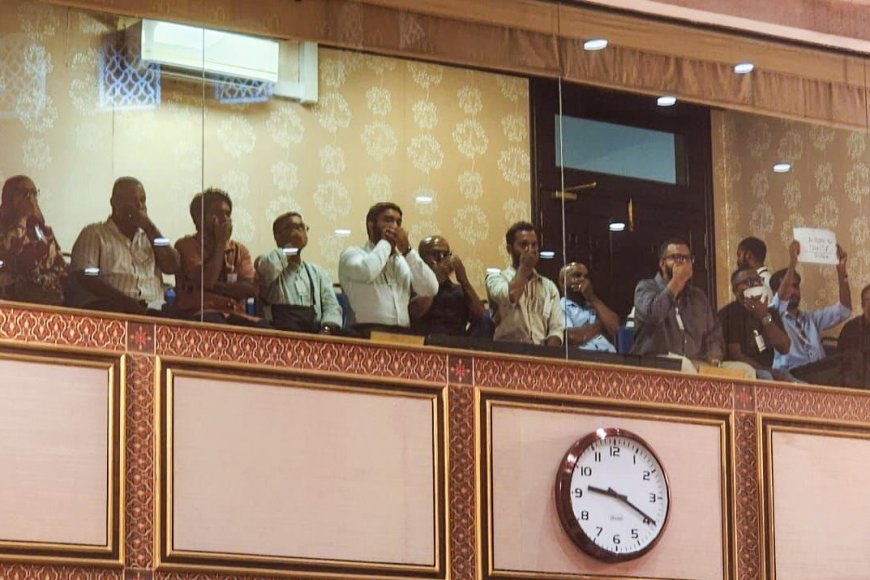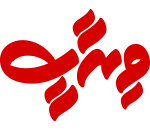Heavy Fines, Broad Powers: Why Journalists Fear Maldives’ New Media Bill

A proposed “media control” bill in the Maldivian Parliament has raised serious concerns among journalists and press-freedom advocates, who warn it could stifle independent reporting by granting sweeping powers to a new state regulator. The Committee to Protect Journalists (CPJ) has called on President Mohamed Muizzu to reject the “regressive” bill, marking it as the second attempt in a year to tighten government control over the media.
What Will The Bill Do?
The draft law would establish a powerful commission with authority to
- Impose hefty fines: Up to MVR 5,000–10,000 for journalists and MVR 100,000 plus for media outlets for alleged violations of a code of conduct.
- Suspend or revoke licenses: The commission could seek court orders to cancel a media outlet’s registration.
- Block content: News websites and broadcasts could be halted during investigations.
- Conduct retroactive probes: Investigations could target media activities up to a year before the commission’s formation.
The International Federation of Journalists (IFJ) and Transparency Maldives have criticized the bill, warning that its punitive measures and state oversight threaten media independence and could intimidate journalists into self-censorship.
Why It Matters?
Critics argue the bill endangers press freedom by centralizing regulatory power in a government-controlled body. The ability to suspend outlets, block websites, impose steep fines, and pursue retroactive investigations risks censorship and undermines legal certainty. Such measures, particularly the provision allowing action before investigations conclude, are seen as prior restraint, potentially weakening the media’s role as a democratic watchdog.
How Media is Regulated Globally
Global models highlight safeguards to protect press freedom.
- European Union: The European Media Freedom Act (EMFA) promotes editorial independence, transparent ownership, and limits on political interference, ensuring regulators remain independent from government control.
- United Kingdom: Print and online media are overseen by voluntary self-regulators like IPSO, which enforces standards without licensing journalists or blocking outlets. Broadcasting is managed by Ofcom, an independent regulator free from ministerial control.
- India: The Press Council of India, led by a retired Supreme Court judge and largely composed of press members, can issue censures or corrections but avoids licensing or prior restraints, balancing standards with press freedom.
These systems prioritize depoliticized regulation and avoid coercive controls like licensing or content bans, which can stop investigative journalism.
Press-freedom groups warn that the Maldives’ bill deviates from international democratic standards by enabling fines, suspensions, and website blocks under a state-controlled commission. They urge lawmakers to scrap or revise the proposal, consulting media stakeholders to create a framework aligned with global best practices, such as the EU’s EMFA, the UK’s voluntary regulation, or India’s quasi-judicial model, to safeguard press freedom and public-interest journalism.
What's Your Reaction?
 Like
0
Like
0
 Dislike
0
Dislike
0
 Love
0
Love
0
 Funny
0
Funny
0













